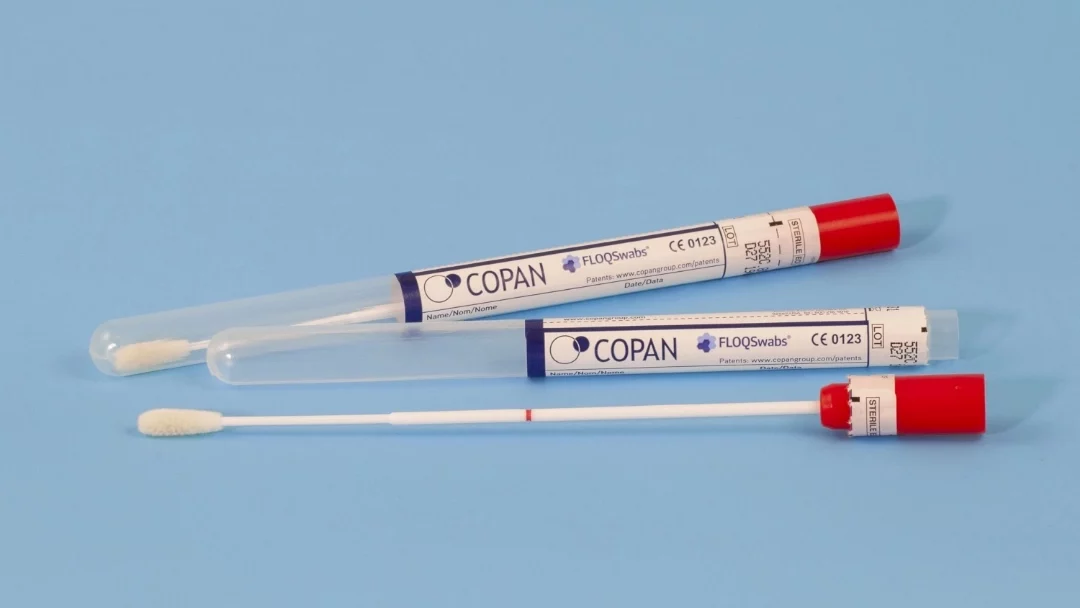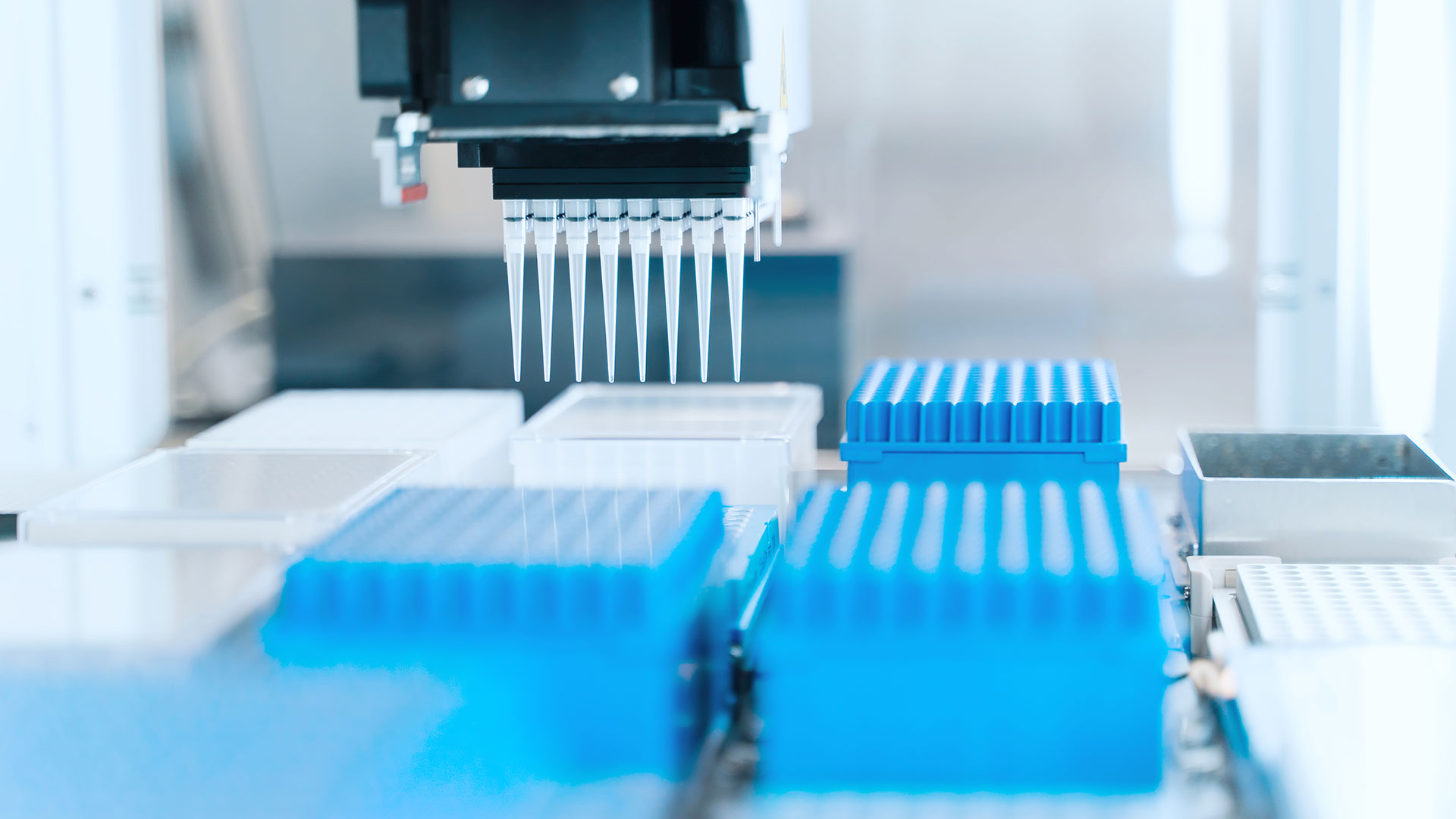1.What is coeliac disease?
Coeliac disease is an autoimmune disease that affects around 1 in 100 people in the UK.
However, only 30% per cent of these people are diagnosed, and experts believe that there are many more people suffering from coeliac disease, as milder cases can go undiagnosed or be misdiagnosed as irritable bowel syndrome (IBS).
The condition develops over time because of a sensitivity to gluten, a protein found in certain cereal grains including wheat, rye, and barley, and commonly used in food products including bread, cereal, and pasta.
When a person with coeliac disease eats gluten, this causes the body’s immune system to attack its own tissue, damaging the gut lining and preventing the body from adequately absorbing nutrients from food.
If left undiagnosed or untreated, coeliac disease can lead to severe complications including osteoporosis, anaemia, certain neurological diseases (affecting the brain and nerves) and, in rare cases, intestinal lymphoma and bowel cancer.
However, with early diagnosis, it can be easily managed with a lifelong gluten-free diet.
The disease runs in families and can start at any age, making genetic testing an extremely useful tool for determining whether you are at risk of developing the condition.
Research has shown that people with coeliac disease have a higher risk of passing the disease down to first-degree relatives (i.e. parents to children), and around 1 in 10 people diagnosed with coeliac disease have a first-degree relative (parent, sibling) with the condition.
2. How does a genetic test for coeliac disease work?
For just £129, our non-invasive Genetic Coeliac Disease Test will tell you whether you have one or both genes associated with coeliac disease, with only a simple cheek (buccal) swab required.
The test uses Human Leukocyte Antigen (HLA) typing to confirm or rule out the potential of developing coeliac disease by evaluating six DNA markers for the HLA-DQ2 and HLA-DQ8 genes.
3. Can children be tested?
Yes, only a cheek (buccal) swab sample is required to perform this genetic test so participants of any age can provide a sample for testing, even new-born babies.
If a child receives a high-risk result or a negative result but has symptoms that are common with having celiac disease, please seek further medical advice before making any changes to the child’s diet.
4. How much does the test cost?
You can buy the test Genetic Coeliac Disease Test online now for only £129.
Your kit is shipped to you via Royal Mail’s Tracked 24 service and this is included in the price.
5. What are the symptoms of coeliac disease?
The symptoms of coeliac disease can range from minor to severe, depending on the person.
Symptoms can be mild initially, and become worse over time if the condition is left undiagnosed/untreated i.e. the person continues to consume foods containing gluten.
Below are some of the most common symptoms of coeliac disease:
- An itchy rash (dermatitis herpetiformis)
- Anaemia
- Bloating and flatulence
- Constipation or hard stools
- Diarrhea or loose stools
- Disorders that affect co-ordination, balance and speech (ataxia)
- Indigestion
- Nausea, feeling sick and vomiting
- Nerve damage (peripheral neuropathy)
- Stomach aches and cramping
- Tiredness (fatigue) due to not getting enough nutrients from food (malnutrition)
- Unintentional weight loss
6. What is the test for and why should I get tested?
This genetic test can be used to determine whether you are at risk of having or developing coeliac disease.
If you are experiencing symptoms that you think could indicate coeliac disease, you should consider a Genetic Coeliac Disease Test to either confirm or rule out the possibility of coeliac disease, so that you can seek the correct treatment.
Additionally, if you have a close relative who has been diagnosed with coeliac disease, you may want a Genetic Coeliac Disease Test to find out whether you are more at risk of developing coeliac disease in the future.
The condition can be inherited, meaning that you are at higher risk of developing coeliac disease if you have a first-degree relative with the condition (children, parents, siblings), and 1 in 10 people diagnosed with coeliac disease have a first-degree relative (parent, sibling) with the condition.
People with the disease typically have the HLA-DQ2 and/or HLA-DQ8 genes. However, these genes can also be found in around 25-30% of the UK population.
Carrying these genes does not mean that you have coeliac disease or that you are guaranteed to develop it. However, it does mean that you are more at risk of developing coeliac disease than people who do not carry these genes.
Another reason to consider a genetic test for coeliac disease is if you have been following a gluten-free diet to help manage your symptoms.
If genetic testing shows that you do not carry either of the genes associated with coeliac disease (HLA-DQ2 and/or HLA-DQ8), this will enable you to seek the correct treatment/diagnosis for your symptoms and/or reinstate gluten into your diet.
7. What samples are required?
Our Genetic Coeliac Disease Test is a non-invasive test that requires a swab to be rubbed quickly and painlessly on the inside of the mouth to collect cheek (buccal) cells.
Full instructions on how to collect your samples are included in your test kit.
Please follow the instructions to ensure samples are collected properly, as swabs with insufficient quantities of cheek cells cannot be processed.
You must not eat, drink or smoke immediately prior to collecting your samples.
8. Are blood samples required?
No, blood samples are not required for the Genetic Coeliac Disease Test.
9. What can the results of the test tell me?
Genetic testing for coeliac disease can help you rule out the possibility of having coeliac disease or tell you if you are carrying the genes linked to the condition.
The test uses Human Leukocyte Antigen (HLA) typing to confirm or rule out the potential of developing coeliac disease by analysing six DNA markers for the HLA-DQ2 and HLA-DQ8 genes.
If your test results show that you have one or both genes (HLA-DQ2 and/or HLA-DQ8), this indicates that you could be at risk of developing coeliac disease in the future.
Your test results will show either a negative result or that you are at very low, low, moderate, or high risk of developing coeliac disease, depending on which genes you have.
However, having these genes does not guarantee that you will develop coeliac disease, or indicate that you are currently suffering from it.
If your results show that neither of these genes are present, this means that you are unlikely to develop coeliac disease in the future.
If you have received your test results and continue to experience symptoms that are causing you concern, we strongly recommend that you consult your GP for further support and guidance.
10. What does HLA-DQ2 and HLA-DQ8 mean?
The Human Leukocyte Antigen (HLA) DQ2 and DQ8 genes are the most common genes observed in coeliac disease patients, but they are not the only ones.
People with HLA-DQ2 and/or HLA-DQ8 markers are at risk of developing coeliac disease, and the presence or absence of these genetic markers can aid in the diagnosis of the condition.
Human Leukocyte Antigen (HLA) generates a protein in the body that binds to any foreign material on the surface of a cell. When people have defective HLA genes, their bodies see gluten peptides as foreign, resulting in an auto-immune reaction.
HLA-DQ2 and/or HLA-DQ8 genes are always found in people who have been diagnosed with coeliac disease.
However, these genes are also found in 25-30% of the general population, so simply having one or both genes does not mean that you will develop coeliac disease or that you currently have it, but rather that you are at higher risk of developing the condition at some point in the future.
If you do not have the HLA-DQ2 and/or HLA-DQ8 genes, you can rule out the possibility of coeliac disease as the cause of your symptoms.
11. When will I receive my test kit?
Your kit will be dispatched as soon as we receive your order. It is shipped via the Royal Mail Tracked 24 Service and this is included in the price of the test.
12. When will I receive my test results?
Once you have received your test kit, simply follow the instructions to collect your cheek (buccal) samples and post your samples back to the laboratory. Results will be emailed to you in 5 – 7 working days from receipt of the sample in the laboratory.
13. How accurate are the test results?
This Genetic Coeliac Disease Test is accurate and reliable based on the samples being acceptable for processing when received at the laboratory.
14. My test results show that I have the HLA-DQ2 and/or HLA-DQ8 gene. What should I do?
This test can tell you whether you have the genes associated with coeliac disease, but it cannot be used as a diagnosis of coeliac disease.
If your test results show that you have these genes, and you have symptoms that are causing you concern, or simply want further testing for your own peace of mind, we strongly recommend that you consult your GP for further advice, testing and diagnosis.
15. My test results show that I do not have the HLA-DQ2 or HLA-DQ8 genes, but I still have symptoms. What should I do?
If you test results show that you do not have the HLA-DQ2 or HLA-DQ8 genes, this means that you can rule out the possibility of coeliac disease. This is because people who are diagnosed with coeliac disease typically have one or both genes.
However, if you are still experiencing symptoms that are causing you concern, we strongly recommend that you consult your GP for further advice and guidance on next steps (treatment/diagnosis).
16. Can you have coeliac disease without the HLA-DQ2 or HLA-DQ8 genes?
HLA-DQ2 and/or HLA-DQ8 genes are always found in people who have been diagnosed with coeliac disease.
Therefore, if you do not have the HLA-DQ2 and/or HLA-DQ8 genes, you can rule out the possibility of coeliac disease as the cause of your symptoms, as well as the risk of developing coeliac disease in the future.
HLA genetic tests for coeliac disease – like our Genetic Coeliac Disease Test – can tell you whether you have these genes or not, with only a simple cheek swab DNA sample required.
17. What does HLA-DQ2 and HLA-DQ8 positive mean?
If you receive a positive test result for one or both the Human Leukocyte Antigen (HLA) DQ2 and DQ8 genes (HLA-DQ2/HLA-DQ8), this means that you carry one or both genes and could be at risk of developing coeliac disease in the future.
HLA-DQ2 and HLA-DQ8 are the most common genes observed in coeliac disease patients and are always found in people who have been diagnosed with coeliac disease.
However, these genes are also found in 25-30% of the general population, so simply having one or both genes does not mean you will develop coeliac disease or that you currently have it; rather that you are at higher risk of developing the condition.
If you have received a positive test result for HLA-DQ2 and/or HLA-DQ8, and have symptoms that are causing you concern, or simply want further testing for your own peace of mind, we strongly recommend that you consult your GP for further advice, testing and diagnosis.
18. What is the treatment for coeliac disease?
Coeliac disease can only be controlled by adhering to a lifelong gluten-free diet.
This means that any foods containing gluten should be avoided including (but not limited to) bread, pasta, cereals, biscuits, and cakes. If you have been diagnosed with coeliac disease, it is especially important to check the labels on any food you buy, as many foods (particularly processed foods) include additives and flavourings that contain gluten.
Once a person with coeliac disease removes gluten from their diet, they will typically start to see a significant improvement in their health.
Gluten can also be found in some non-food products including cosmetics and certain medications.
19. Is coeliac disease the same as a wheat allergy or gluten sensitivity/intolerance?
No, coeliac disease is not the same as a wheat allergy or gluten intolerance/sensitivity.
Coeliac disease is a severe autoimmune condition that typically runs in families and can only be treated by adhering to a strict gluten-free diet.
20. What is included in the test kit?
Your Genetic Coeliac Disease Test kit will include:
- Full instructions for how to collect your samples, and how to return the samples to the laboratory
- One DNA sample collection swab package containing two swabs
- DNA test sample envelope, for securing your samples
- A pre-paid tracked return envelope to send your test samples to the laboratory







